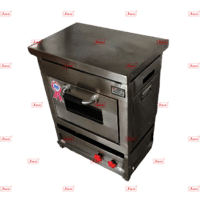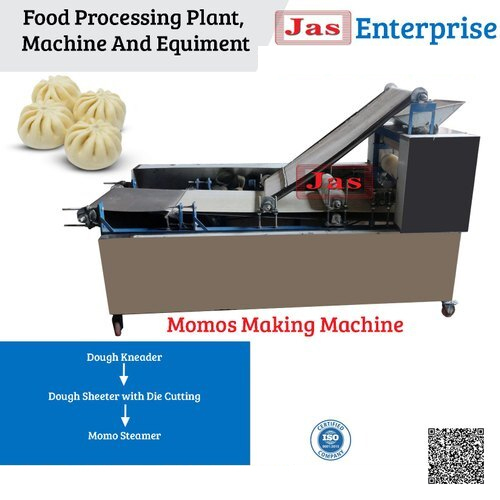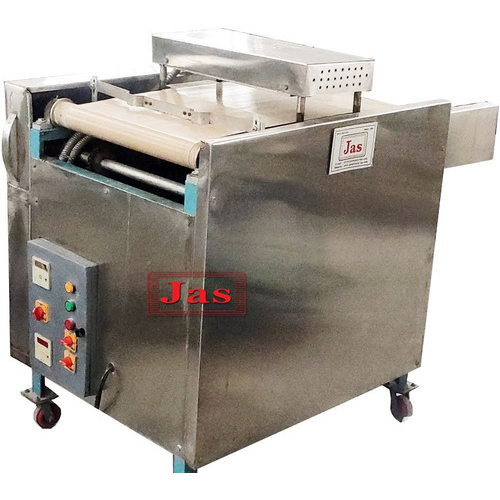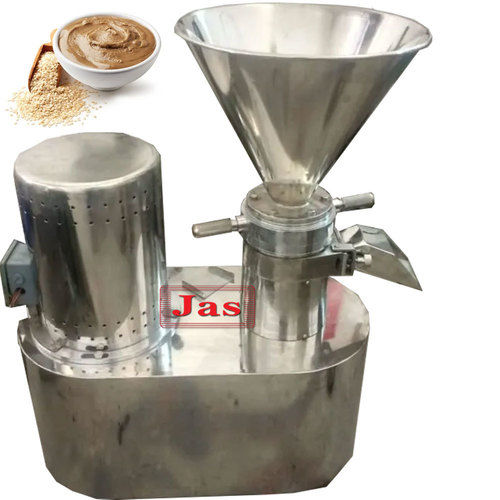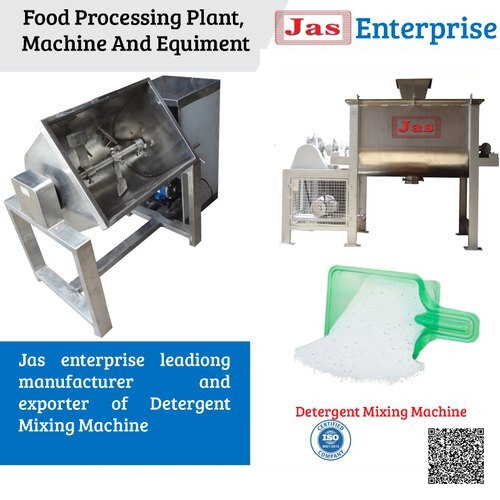Industrial Gas Oven
उत्पाद विवरण:
- क्षमता 4-18 pizzas at a time
- ऑटोमेटिक
- वोल्टेज वोल्ट (v)
- फ़ीचर
- अधिक देखने के लिए क्लिक करें
मूल्य और मात्रा
- 1
उत्पाद की विशेषताएं
- 4-18 pizzas at a time
- वोल्ट (v)
व्यापार सूचना
- ISO
उत्पाद वर्णन
-
Fuel Source: They use natural gas or propane as a fuel source. Gas ovens are favored in many industrial settings for their rapid heating capabilities and precise temperature control.
-
Size and Capacity: Industrial gas ovens come in various sizes, from smaller units for medium-sized operations to large models for high-volume production. They often have multiple racks or shelves to accommodate large quantities of food.
-
Temperature Control: These ovens typically offer precise temperature control, which is crucial for consistent cooking and baking. Many models come with digital controls and programmable settings.
-
Construction: They are built from durable materials like stainless steel to withstand the rigors of industrial use. The design often includes features such as heavy-duty doors, robust insulation, and easy-to-clean surfaces.
-
Ventilation: Proper ventilation is essential to remove heat and gases produced during cooking. Many industrial gas ovens are equipped with built-in ventilation systems or require connection to external exhaust systems.
-
Safety Features: Safety is a key consideration, with features like automatic shut-off, flame failure detection, and over-temperature protection to prevent accidents and ensure safe operation.
-
Applications: They are used in a variety of settings, including bakeries, restaurants, catering companies, and food processing plants. They can handle a wide range of cooking tasks, from baking bread and pastries to roasting meats and vegetables.
-
Maintenance: Regular maintenance is important to keep the oven in good working condition. This includes cleaning, checking for gas leaks, and ensuring that all components are functioning properly.

Price: Â
- 50
- 100
- 200
- 250
- 500
- 1000+


